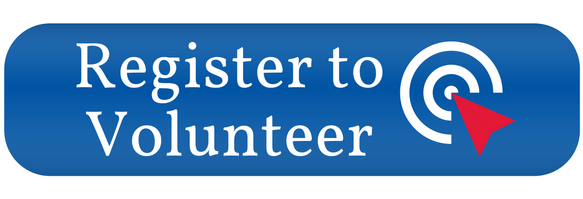Five Keys for Long Distance Caregivers
/Your loved one is living a long, storied life but now complications are beginning to occur. Old age comes with many rewards, but also many challenges that families must face together to ensure that everyone keeps living their best life. You want to give as much as you can to the people that helped raise you, but now you’re living very far away from them—what do you do? Here are just a few things you can consider as you assume the responsibility of caregiver.
1. Become an Administrator
You may not be able to watch after your loved ones daily from afar, but there are ways you can help assure that everything is taken care of in their life. You will need to become an administrator, and step up to the demand that these new challenges are putting on you. First you will need to get organized. You will want to collect all of the important information on your elderly loved one that you can, including any medical or financial records, and legal paperwork. Having this information on hand will make it easier to locate important documents when accidents occur. Your loved one will be proud of you taking up the responsibility, and it will allow you to stay on top of any updates in their health over time.
2. Living Arrangements
Next you will want to make sure that their living and transportation arrangements are all settled. There are various options for senior care, ranging from assisted-living, to fully supervised nursing facilities. If your loved one is still living on their own, but unable to drive themselves from point A to B, you might consider setting up a transportation service to help them get around town. There are various organizations that offer these kinds of services ranging from medical facilities to public transport.
3. Develop Local Contacts
You may live far away from your loved one, but chances are there are a handful of family members or friends nearby that can check-in on them every so often. You will want to make sure that you enlist family members along with any doctors, nursing home faculty, and caretakers to keep an eye on your loved one when you cannot. Take their names and numbers and give them as many ways to contact you as they can, in case something were to happen. These people will serve as your eyes when you cannot always be there, and they will always be the ones you want to relay important medical, financial, legal information to as you take on the role of a long-distance administrator.
4. Reach Out When You Can
While it is good to have other people checking in on your loved one, you will still want to keep a direct line of contact however you can. This might involve giving them their own cellphone to contact you through, or even visiting them in person. Visiting them will be your best way to get a feel for their current condition and how they are being treated by assisted-living, or nursing home caretakers. If anything is upsetting or unsettling to your loved one, listen and make the appropriate changes to help them feel comfortable with their situation.
5. Living in the Internet Age
More and more people, including senior citizens are becoming familiar with how to use computers and access the world-wide web. The more tech-savvy your loved one is, the easier you will find it to be able to care for them, and stay in touch. With video calling, you can have valuable face to face time with your loved one, even from thousands of miles away. You can also manage most of their care needs through the internet, which is great news as a long-distance caretaker. Their bills, transportation, and even their groceries can all be managed with a click of a button. The more you are familiar with the options available online, the better equipped you’ll be when taking care of your loved one from afar.
The responsibility of taking care of an aging loved one can be daunting. You want to do the best job possible, not only because of duty but because you love the people who helped you become the person you are today. While it may seem overwhelming at first, once you understand how to balance your needs with the needs of your loved one, you fill find the process deeply rewarding.
Written by Jackie Waters, www.hyper-tidy.com
Photo Credit: Pixabay.com







